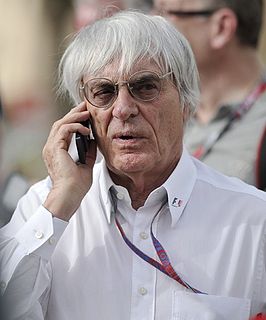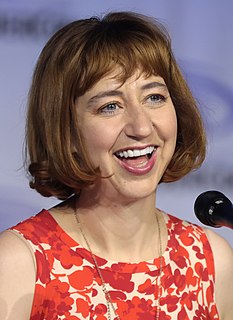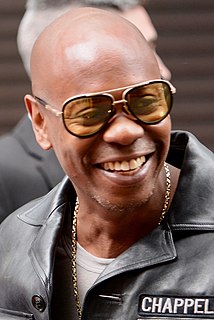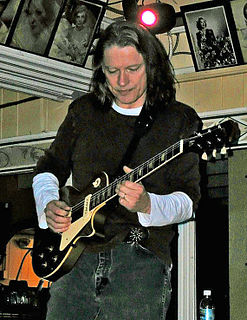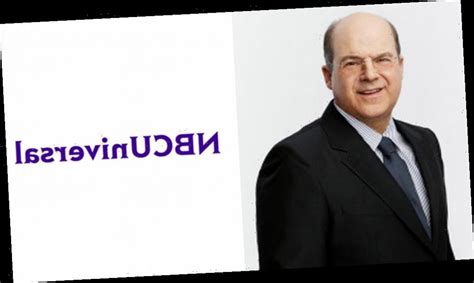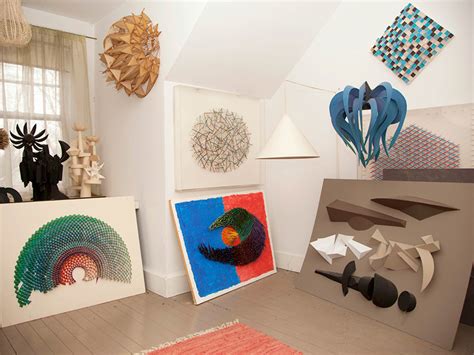A Quote by Shane Black
It really started after The Long Kiss Goodnight sold for just a sinful amount of money. People were angry that I took the money. People offer you $4 million for a script - what are you going to say? "No, I'd rather sell it for $100,000"? But it engendered so much anger, I lost friends over it. And no one talked about the creative content of anything I did any more. They all just assumed I was this guy with a formula, a hack formula.
Related Quotes
When you are making a lot of money people forget you are trying to be creative and they picture you laughing all the way to the bank ... especially with an action script, automatically it gets boo-hooed as being worthless. It was very difficult to hear that sort of thing and I lost a good many friends over money issues because they didn't have money or their scripts weren't selling and mine were.
I still have access to enough money to live on in order to avoid bankruptcy for at least a few years as long as I stick to my budget Still, there's no amount of money in the world that makes one feel content with having no self respect. There's no amount of money that makes you feel better when people think of you as a joke or a hack or a failure or ugly or stupid or morally empty.
Fifteen years ago, nobody thought that content would ever work as a business. It was impossible to raise any money, initial investments were $10,000, seldom $100,000. It is only over the last two or three years that we have started to see very large amounts of capital coming into the digital industry. That has created a lot more competition.
Many people get what they need from church attendance because the Word is preached, and the rituals are carried on, and God works, but it's drift more than anything else. And that's why the churches keep reaching for some programmatic formula that will make people come and give money. It's just really very sad.
I'm a big believer in getting money from where the money is, and the money is in Washington. I learned from running the Olympics that you can get money there to help build economic opportunities. We actually got over $410 million from the federal government; that is a huge increase over anything ever done before. We did that by going after every agency of government. That kind of creativity I want to bring to everything we do (in Massachusetts).
There's not too many people that don't think I'm crazy, for walking away from so much money. I'm at a restaurant with my wife, it's a nice restaurant, we're eating dinner. I look across the room, I say, 'You see this guy over here, across the room? He has $100 million.' And we're eating the same entree. So, OK, fine, I don't have $50 million or whatever it was, but say I have $10 million in the bank. The difference in lifestyle is miniscule.
We love Formula One and think Formula One's great. But we think Formula E is different. We would be making a big mistake if we tried to compete with Formula One and be similar to Formula One, we have to be radically different to Formula One to have a chance of survival. I don't mean survival by beating Formula One but co-existing complimentary to Formula One.
I don't find a lot of people actually saying things through music any longer. They are not trying to say anything with their music, they just want to make money with it. I think it's important to actually say something real, something meaningful, rather than just write some trash and try to sell it.
When I said that something was going to cost a certain amount of money, I actually knew what I was talking about. The biggest problem that we were having on the financing front was people with lots of money saying "you need more money to make this film [Moon]," and us saying "no this is the first feature film we want to do it at a budget where we sort of prove ourselves at the starting end of making feature films; we can do this for $5 million." That is where the convincing part between me and Stuart came, we had to convince people with money that we could do it for that budget.






